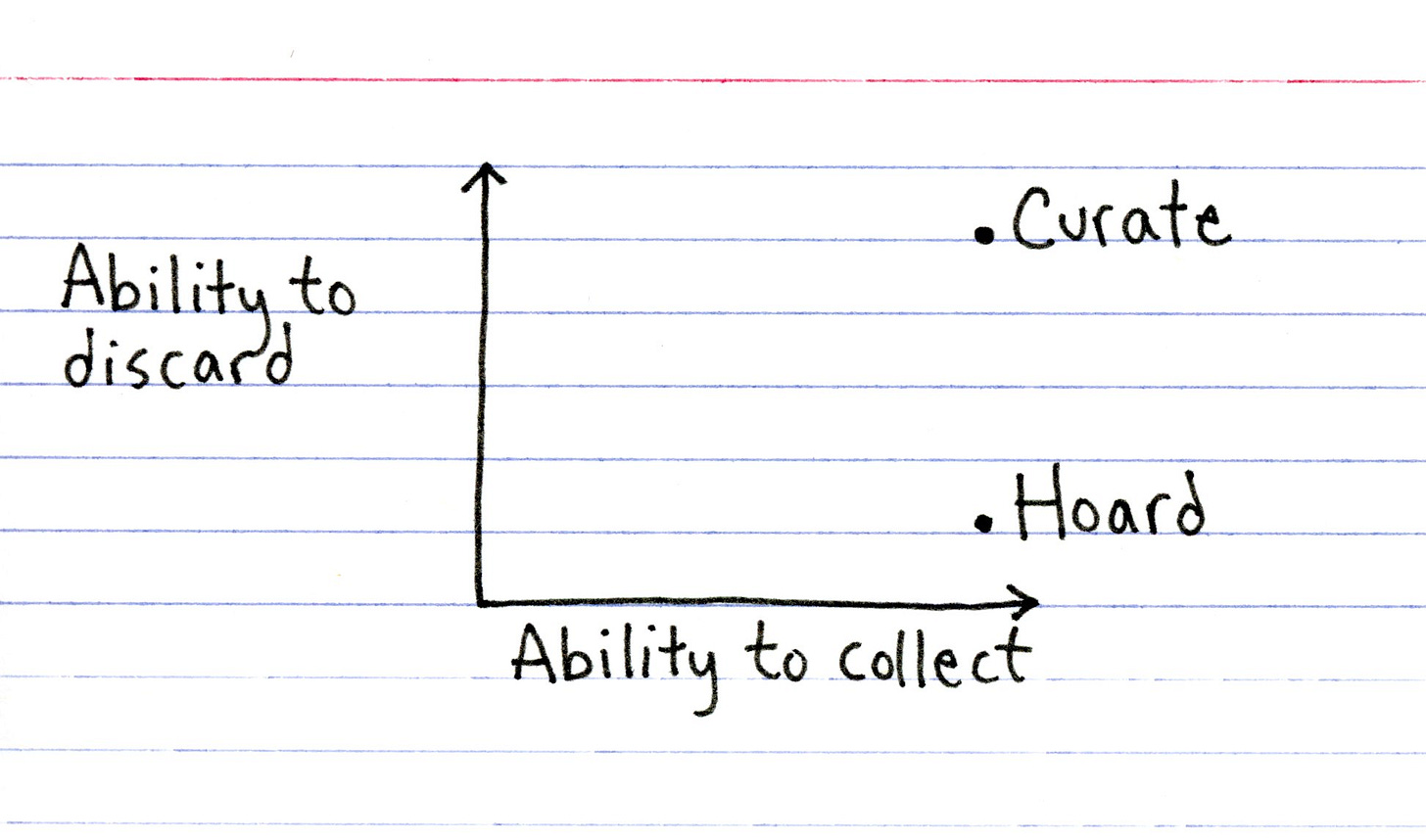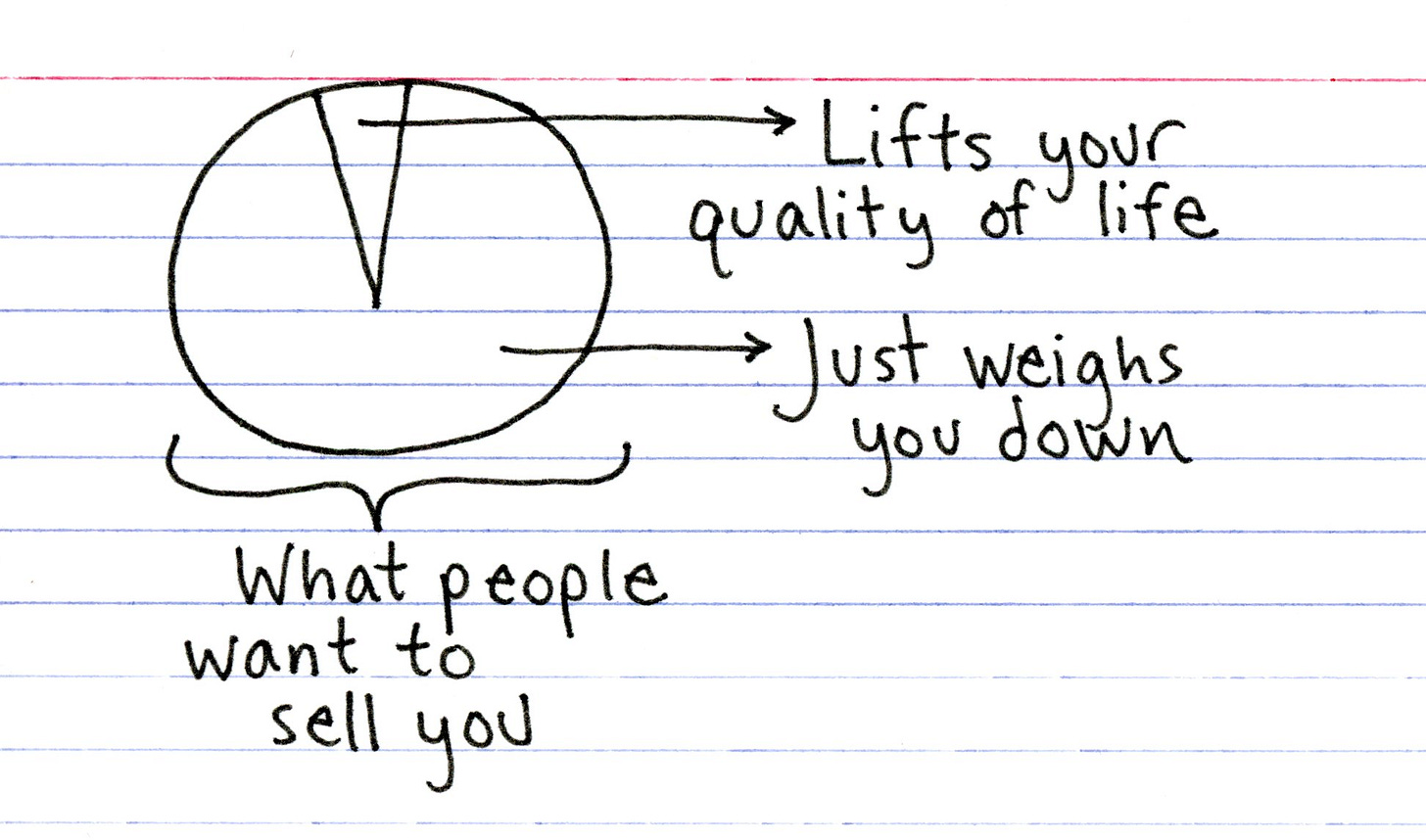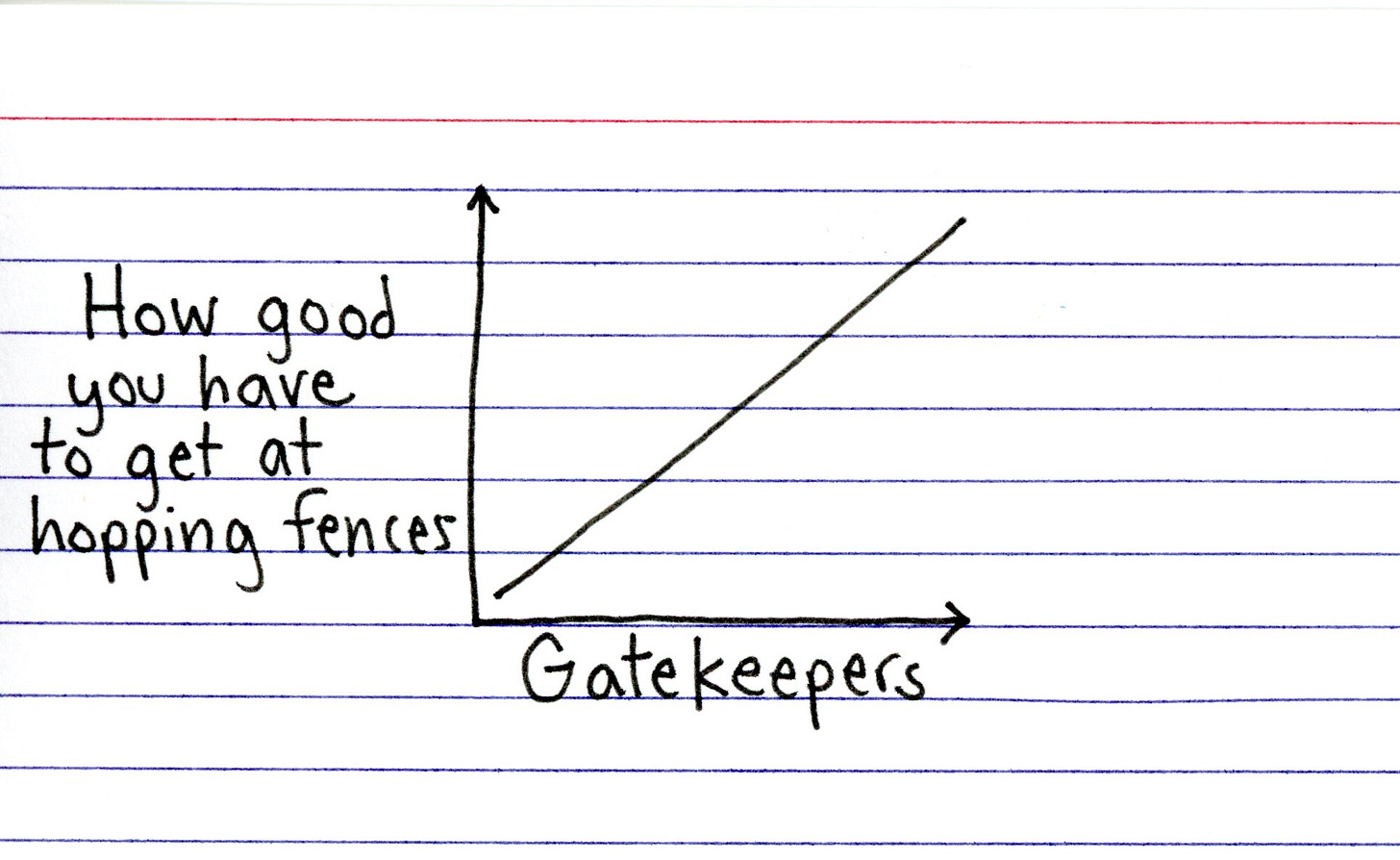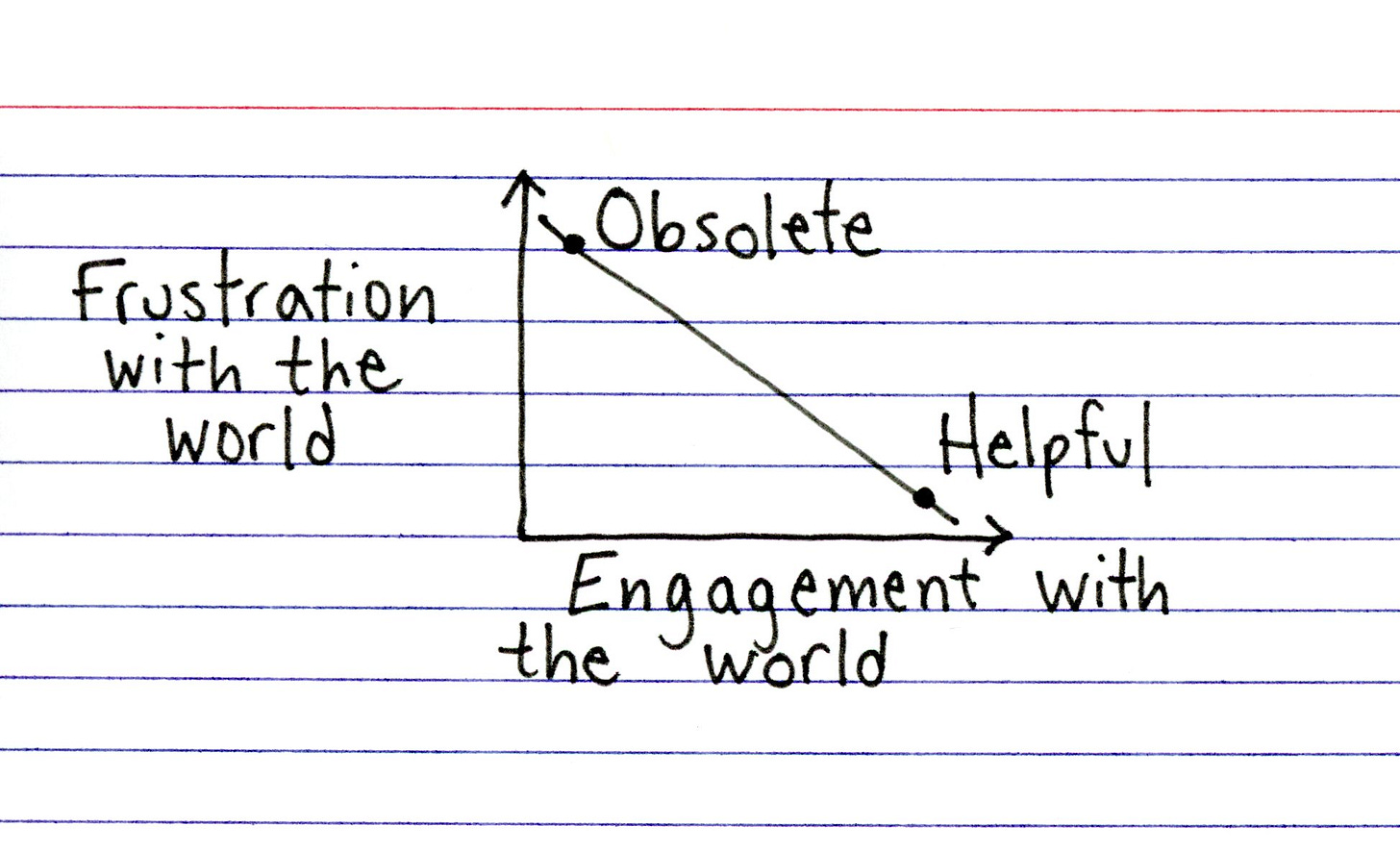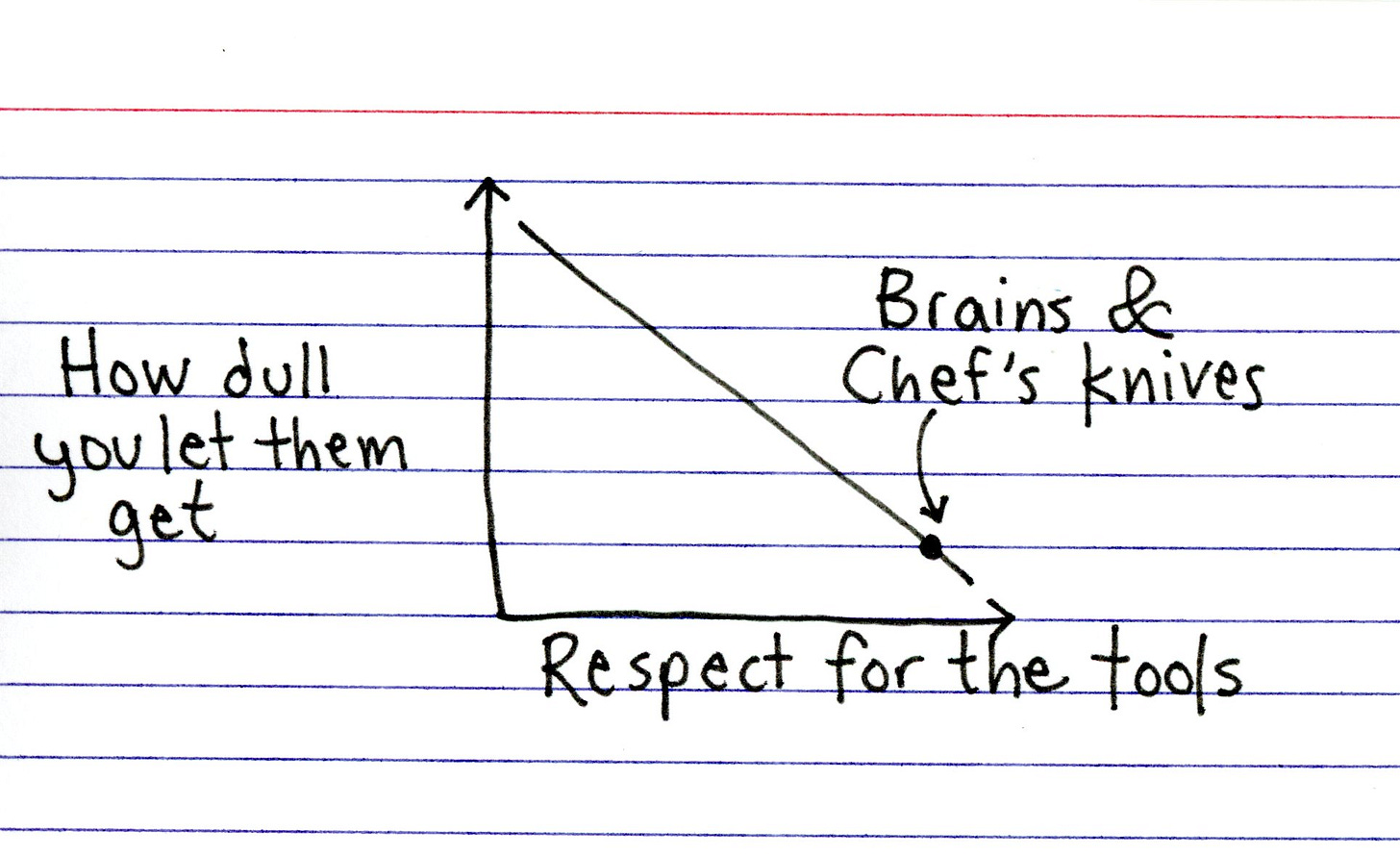
If you can figure out how to figure things out, you are at an extreme advantage for all future challenges to your continued survival. Here are a pile of charts on how to do just that.
SIFT
Information and objects are both categories of useful tool. But do not hoard, for not all information, and not all objects, are of equal value, and too much of anything becomes overwhelming and mostly useless. You only need a few syllabi on any topic of your choice to build a reading list.
JUDGE
Learning to evaluate the utility of what you encounter only happens when you window shop and sift through mountains of possibility. Media literacy is the difference between joining a profession and joining a cult—know what you’re studying and what is true by looking at as much as you can and ignoring most of it.
SPY
You will rarely be explicitly told most valuable information. But you can observe and find the things you need to know. The quieter you are, the more you will find out. This is why eavesdropping and reading are both so satisfying. The more clues you follow the more valuable (and also uncommon) the things you can learn to know and do.
INVADE
The more boldly you trespass into subjects and realms you were not invited into is how you can become an expert in anything. Gaining skills without permission through tinkering and investigation is how you break the “needs experience to get a job but needs a job to get experience” conundrum. It’s also how to figure out the kind of person you are and want to be.
CONTINUE
Your reading level (of books, people, situations, and opportunities) is not static and can increase with active observation. If you give up on paying attention you are giving up on yourself. Time changes contexts and what you figured out yesterday will be less applicable tomorrow.




